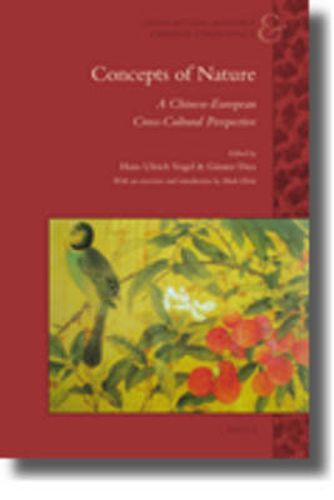Readings Newsletter
Become a Readings Member to make your shopping experience even easier.
Sign in or sign up for free!
You’re not far away from qualifying for FREE standard shipping within Australia
You’ve qualified for FREE standard shipping within Australia
The cart is loading…






This book, inspired by the sociologist Gunter Dux, co-edited by the historian Hans Ulrich Vogel, and introduced by Mark Elvin, is a collective intellectual masterpiece written by some of the world’s leading scholars. Its purpose is to illuminate premodern Chinese ways of thinking about Nature by comparing them with their counterpart traditions in Europe. In so doing it also subtly reshapes our understanding of premodern European concepts of the natural world. The domains covered principally include philosophy, language, poetry, science, and mathematics, and their relations with society, technology, and politics. By analyzing the frequent partial similarities between these great two cultural areas in the context of their overall contrasts, it points the way for the first time to defining accurately the differences that have been critical for world history.
$9.00 standard shipping within Australia
FREE standard shipping within Australia for orders over $100.00
Express & International shipping calculated at checkout
This book, inspired by the sociologist Gunter Dux, co-edited by the historian Hans Ulrich Vogel, and introduced by Mark Elvin, is a collective intellectual masterpiece written by some of the world’s leading scholars. Its purpose is to illuminate premodern Chinese ways of thinking about Nature by comparing them with their counterpart traditions in Europe. In so doing it also subtly reshapes our understanding of premodern European concepts of the natural world. The domains covered principally include philosophy, language, poetry, science, and mathematics, and their relations with society, technology, and politics. By analyzing the frequent partial similarities between these great two cultural areas in the context of their overall contrasts, it points the way for the first time to defining accurately the differences that have been critical for world history.